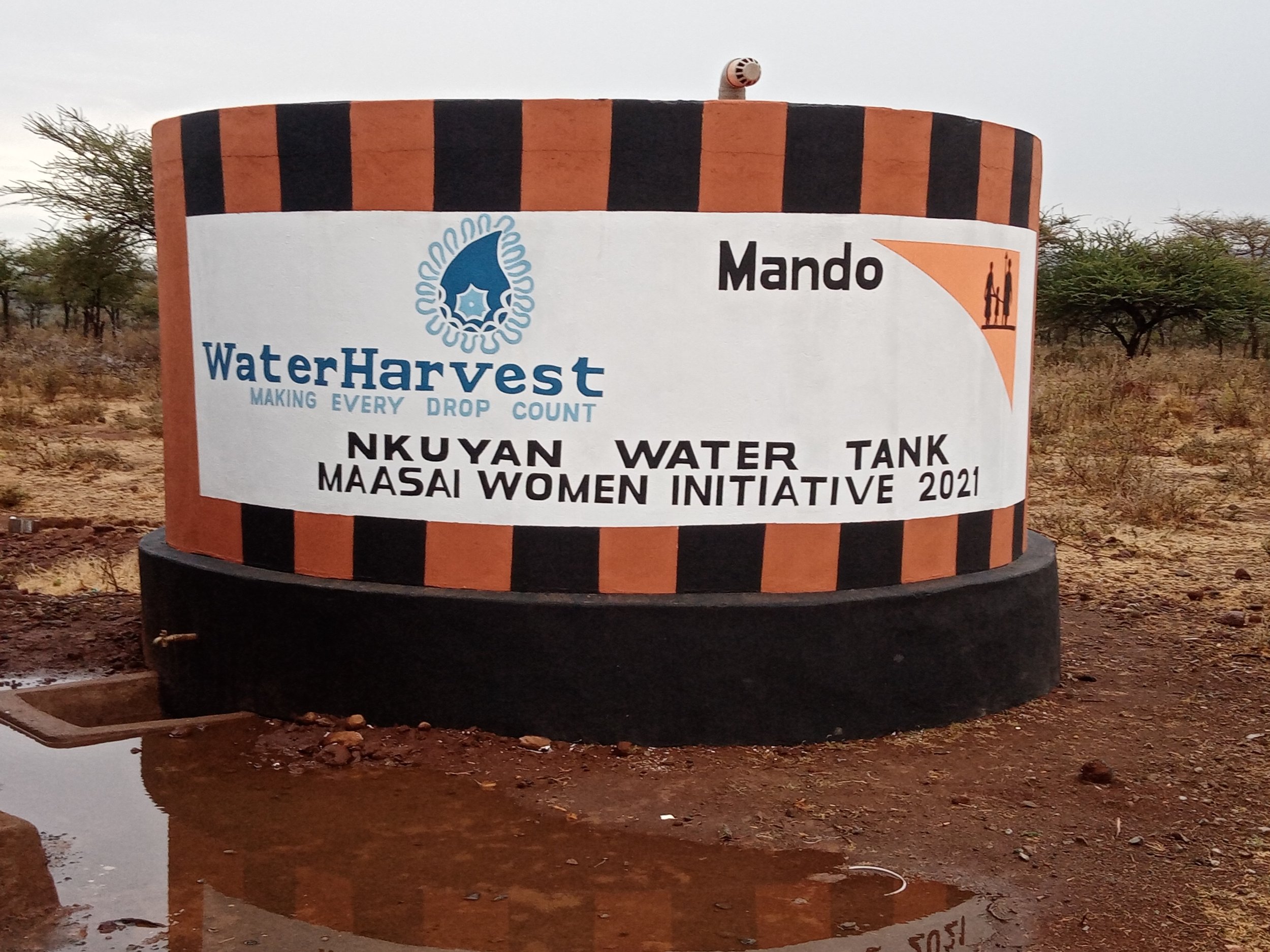A Maasai cook Nemayian goes to great lengths to give children in her community a good start in life
Nemayian salau is amazing! She cooks and serves Mando’s Meals this week for the children at Enkoireroi school in Kajiado county, Kenya.
Life is tough for Nemayian. As a mum-of-three, she struggles to scrape together a living in the harsh and unforgiving semi-arids lands of Kajiado. Yet despite her own hardships, Nemayian like many other parents at the Enkoireroi school community gives her time freely so that young children – like her three-year-old son Lekishon – can enjoy nutritious daily meals in a place of education.
“I hope that my children finish their education and get jobs,” she says. “I want them to be independent and live a different life from mine.”
Like many women in Kajiado, Nemayian wears colorful beads around her neck. She is from a traditional cattle-herding community, which depends on its animals for survival. This way of life has never been easy – now, drought brought on by consecutive years of poor rainfall is making it even harder for families to get by.
In these uncertain times, Mando’s Meals offers a welcome safety net for mothers like Nemayian. Even when there is nothing to eat at home, Nemayian can be sure that Lekishon and his friends will not go hungry at the school.
Cooking for a whole school on a weekly rational basis is grueling work, especially in the dry heat, but Nemayian is happy to help because she knows how important nutritious food and early year’s education are for the future of children in this remote community.
Nemayian says: “The food which Mando’s Meals brings is attracting small children to come to this pre-school so they can get a basic education as they prepare themselves for primary school.
“If I had gone to school, I would have liked to be working as a teacher now. Education, especially for girls, will change the life of that child in the future. When she does well and gets a good job, that child will not be excluded; she will not have to depend on anyone.”
Thanks to dedicated community members volunteers like Nemayian, Mando’s Meals are served to 520 little ones at Enkoireroi and its pre-schools across south rift in Kajiado every school day. Her sacrifice makes it possible for children in some of Kenya’s poorest and most remote communities to find hope in the classroom.












